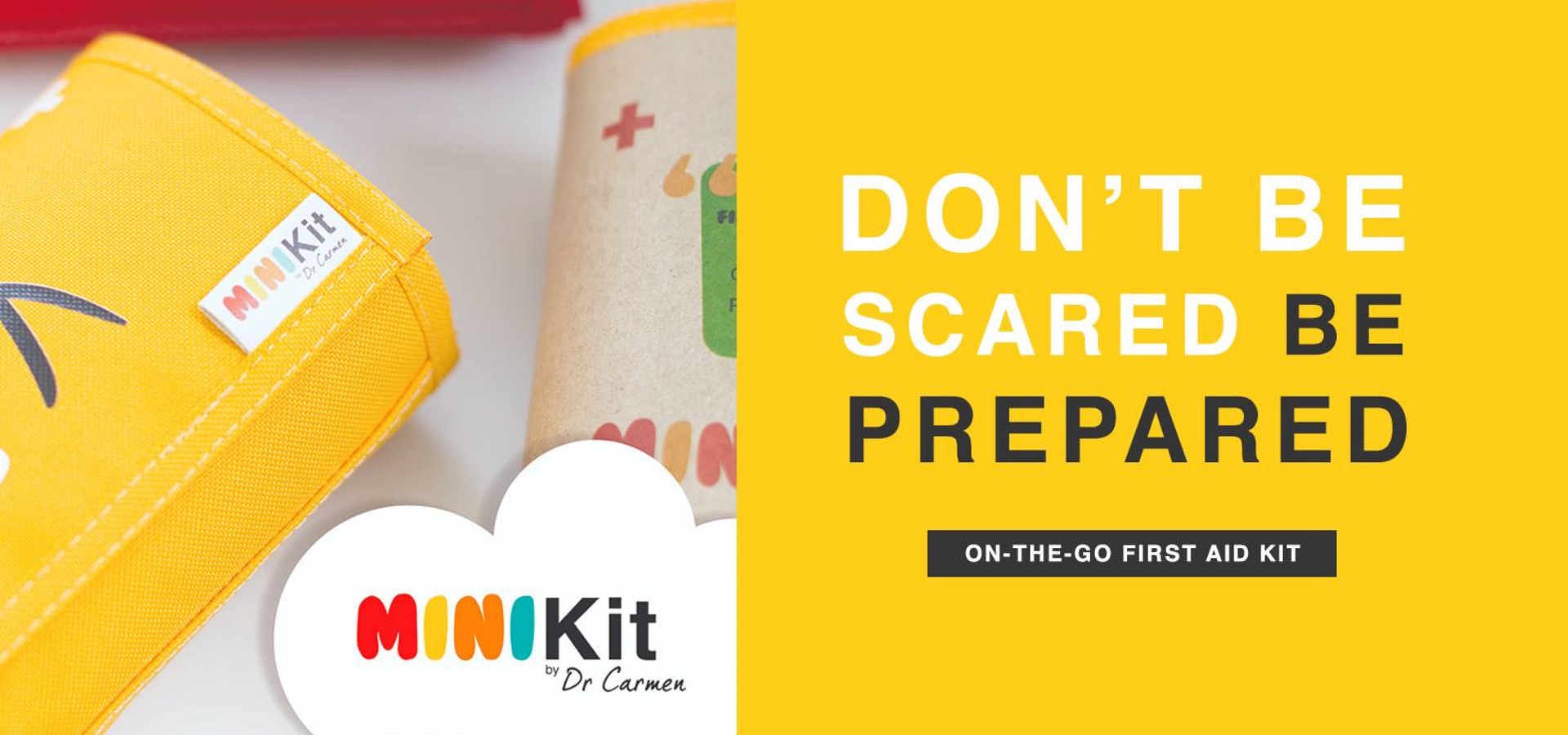Too often we read about emergency services and the police force spending hundreds of thousands of Rands on wasted resources due to prank or non-emergency calls. Some emergency services report receiving up to 50 abusive or hoax calls every day. Not only does this waste valuable time for the highly trained personnel but it also causes disruptions to responses to real emergencies and puts people’s lives in danger.
‘It’s important for us to understand the difference between a so-called emergency and a genuine one,’ says Lee Callakoppen, Principal Officer of Bonitas Medical Fund. ‘If an ambulance is dispatched for a non-emergency, the staff is taken away from the people who really need them, someone who might be critically ill. Plus, if you are on a medical aid, the ambulance transfer might not be covered or paid for by your scheme, if it is not deemed a medical emergency.’
ER24, one of Bonitas’s Designated Service Providers, tries to ensure that every ambulance transfer is medically justified and that quality, pre-hospital care is provided during this medical emergency. This means that an ambulance should not be used as transport to a hospital for a minor condition, when the person could have travelled in a private vehicle.
If you are a member of Bonitas and you require assistance, then you can call ER24 and ask to be put through to the 24-hour ‘Ask the Nurse’ health line. They will guide you through your symptoms or the situation, whether it is an emergency or not and if an ambulance is necessary. You will be advised whether to:
- Go to hospital immediately in which case ER24 will dispatch an ambulance
- Go to the doctor
- Go to the pharmacy to obtain over-the-counter medication
Other emergency numbers to call are 999 and 112 if someone needs immediate medical help. Once you are through to the emergency services you will be asked to provide the following information:
- Your name
- A description of the condition of the casualty
- Your contact number
- The location/address of the incident
- A short description of the type of incident
- Any other information the emergency team might need to know such as if there’s a fire, hazards such as gas or power lines or even if there are adverse weather conditions
Here is a quick guide on when to call, or not call, an ambulance.
| Call an ambulance | Don’t call an ambulance |
| For serious injuries such as broken bones or those sustained in a motor vehicle accident which needs stablilsation and medical monitoring while being transported to an appropriate healthcare facility | When a person is well enough to travel in a car, bus or taxi to see a doctor or go to a hospital as an outpatient for conditions such as minor cuts and sprains, abdominal pain, gastro-enteritis, period pain, constipation and headaches, excluding migraine |
| When someone is having a seizure | When the condition is not life-threatening and urgent medical attention is not needed |
| If a person has acute chest pain | For transport home from a hospital |
| If someone is unable to breathe | For pregnancy without complications |
| For a woman in premature labour | When you or a dependant needs to be admitted for a booked procedure |
| When a child has ingested a poisonous substance |
|
| In a near drowning |
|
| For third-degree burns |
|
To contact ER24 phone 084 124, alternatively call 999 or 112 for medical help.
For 2025 we have a renewed Female Health Programme:In collaboration with CareWorks, it’s accessible to all female members aged 18 and above, with an emphasis on preventative care and early detection of female-specific health issues. In addition, we have an enhanced Maternity Programme to support expecting mothers. This includes early identification of and weekly engagement for high-risk pregnancies, post-childbirth care and associated mental health follow-up calls for new mums, given the prevalence of pre and postnatal depression. Also, milestone reminders for children under 3 and cover for antenatal vitamins through savings, day-to-day benefits or the Benefit Booster
Bonitas Medical Fund
0860 002 108
View Website: www.bonitas.co.za
- Putting together your birth plan - October 6, 2025
- What is abdominal separation and how do I deal with it? - October 1, 2025
- Why contraception should be treated like any other preventive health measure - September 26, 2025





